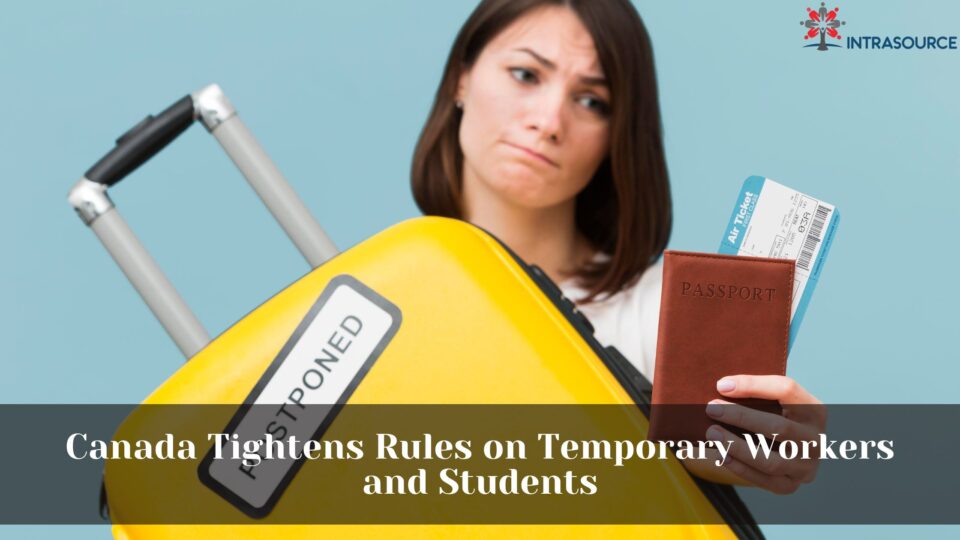Reduction in Study Permits
Canada has announced further restrictions on study permits for foreign students, aiming to issue only 437,000 permits by 2025. This is a significant decrease from the 509,390 approved in 2023 and the 175,920 granted in the first seven months of 2024. The measure is part of Prime Minister Justin Trudeau’s Liberal government’s effort to reduce the number of temporary residents in Canada.
Work Permit Limitations
In addition to reducing study permits, Canada is tightening eligibility criteria for work permits, particularly for spouses of international students and temporary foreign workers. This move is intended to manage the influx of temporary residents more effectively.
Response from Economists and Advocates
Critics argue that these changes do not address underlying issues. Economist Armine Yalnizyan expressed disappointment that the new measures lack a plan for transitioning migrants from temporary to permanent status. Similarly, Syed Hussan, executive director of the Migrant Workers Alliance for Change, emphasized that reducing migrant numbers will not solve exploitation issues. He advocates for granting permanent resident status to migrants as a solution.
Government’s Stance on Visa Integrity
The government plans to review measures to ensure visa integrity and reduce non-genuine visitors. “The reality is that not everyone who wants to come to Canada will be able to—just like not everyone who wants to stay in Canada will be able to,” said Immigration Minister Marc Miller.
Election Implications
These measures come at a critical time with a federal election due by October 2025. The issue of managing temporary residents has become highly contentious, impacting public opinion and political strategies.
Government’s Approach to Managing Immigrant Influx
“These aren’t just temporary jobs. Why aren’t we facilitating permanence for these individuals?” she questioned. “Our economic growth depends heavily on new arrivals. We need to be very clear on the future path,” she added.
Migrants have often been scapegoated for societal issues, such as the shortage of affordable housing and the increased cost of living, despite post-pandemic inflation slowing to 2% annually as per the Bank of Canada’s August report.
However, immigrant advocates and some economists argue that blaming newcomers for economic difficulties is an oversimplification. They contend that vulnerable migrants should not be held accountable for complex economic problems.
Recent polls indicate that a growing segment of the public believes Canada is admitting too many immigrants. This has coincided with a rise in anti-migrant rhetoric and attacks in a country previously known for its welcoming stance toward newcomers.
Despite this anti-immigrant sentiment, the federal government is reversing its previous trend of increasing temporary residents. In January, a two-year cap was placed on international students, projecting almost a 50% decline in approvals this year.
Earlier this month, the government also rolled back 2022 expansions to the temporary foreign worker program. In some sectors, the maximum share of any employer’s workforce that can consist of low-wage temporary foreign workers has been reduced. The policy change also ended low-wage temporary foreign worker positions in sectors with high unemployment rates.


